Why Do Cats Poop When They Are Scared?
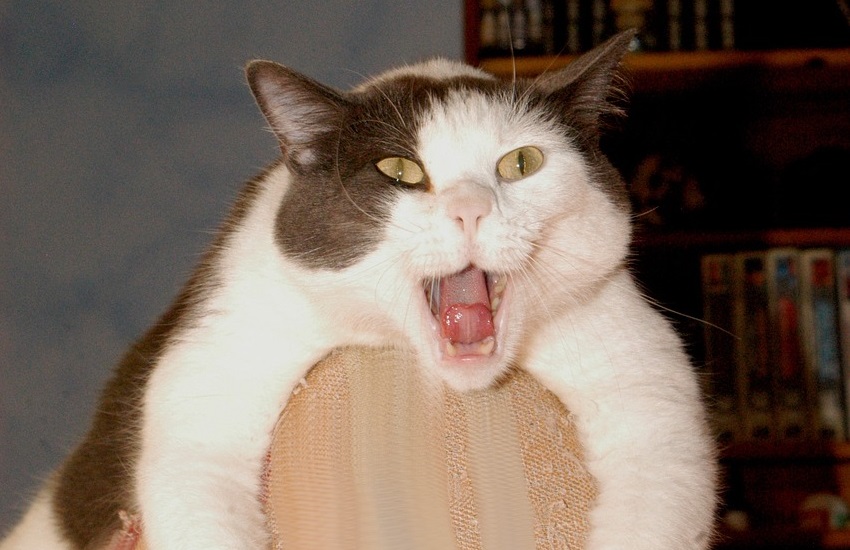
Ever wondered why your furry feline friend leaves an unwelcome surprise when they're scared?
It's not like they can just make themselves invisible like Houdini, right? 😅
But here's the thing, did you ever stop and really think about why they do it, or are you just silently screaming "What the heck, Fluffy?!" in your head?
Well, let's dive into the fascinating world of frightened felines and uncover the mysterious reason behind their panic-induced potty performances.
Buckle up, folks, it's going to be a wild (and slightly messy) ride!
Fear-Related Pooping in Cats: Causes and Solutions
Pheromone diffusers for a sense of calm and security
If your cat is afraid and pooping outside the litter box, try using pheromone diffusers.
These clever gadgets imitate the natural calming scents that cats release.
By placing them near your cat's hangout spots or the litter box, you can make them feel safe and comfortable.
How fear affects your cat's digestive system
When cats get scared, their fight or flight response kicks in, and it can mess with their digestion. One way they may react is by pooping or peeing out of fear.
There are many things that can trigger fear-induced pooping in cats.
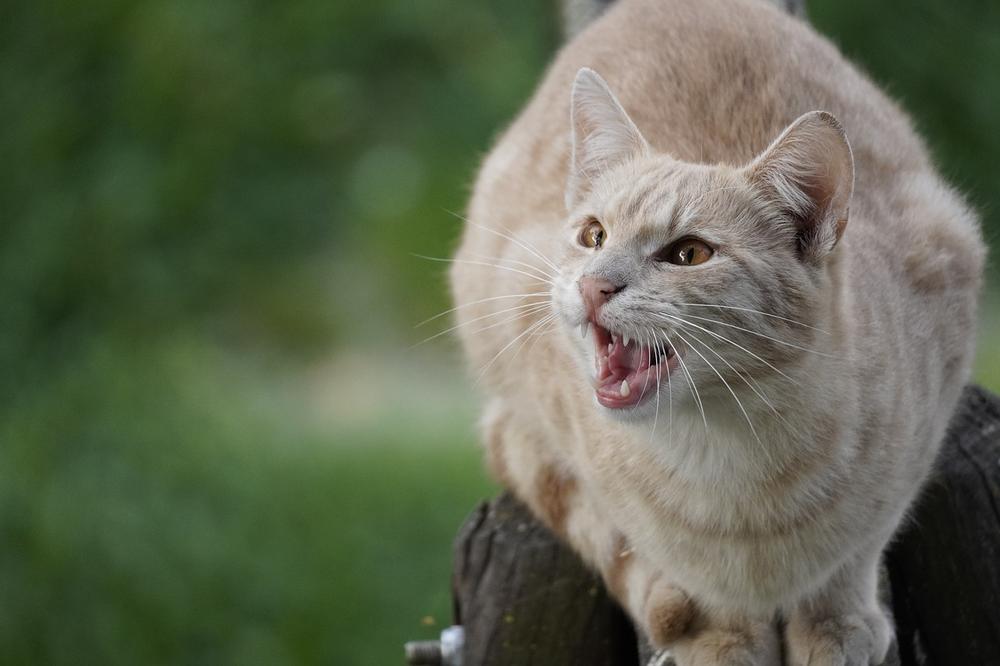
One common cause is feeling insecure or frightened in unfamiliar places.
Cats love their routines, so any changes or disruptions can make them anxious and fearful.
Traumatic events can also be a major trigger for fear-related bathroom mishaps in cats.
So, whether it's a new environment or a past traumatic experience, understanding these triggers can help you solve the problem more effectively.
Main points I'll expand upon further down this article:
- Pooping when scared is a common response among mammals, including cats.
- Unusual stress-related behavior in cats may indicate underlying medical or behavioral conditions.
- Cats have three responses to perceived threats: fight, flee, or freeze.
- The fight or flight response releases hormones that affect the digestive system.
- Various factors can trigger fear in cats, such as loud noises or sudden movements.
- Helping cats overcome fear-induced pooping requires creating a safe space.
- Establishing a routine and providing interactive toys can help reduce anxiety.
- Identifying the cause of fear and taking appropriate steps is essential.
- Punishment should be avoided as it worsens anxiety.
- Steps to reduce anxiety and boost confidence should be taken.
And now, let me delve deeper into why cats actually poop when they are scared!
Understanding the Link Between Anxiety and Bowel Movements in Cats
The gut-brain axis plays a crucial role in cats' bowel movements.
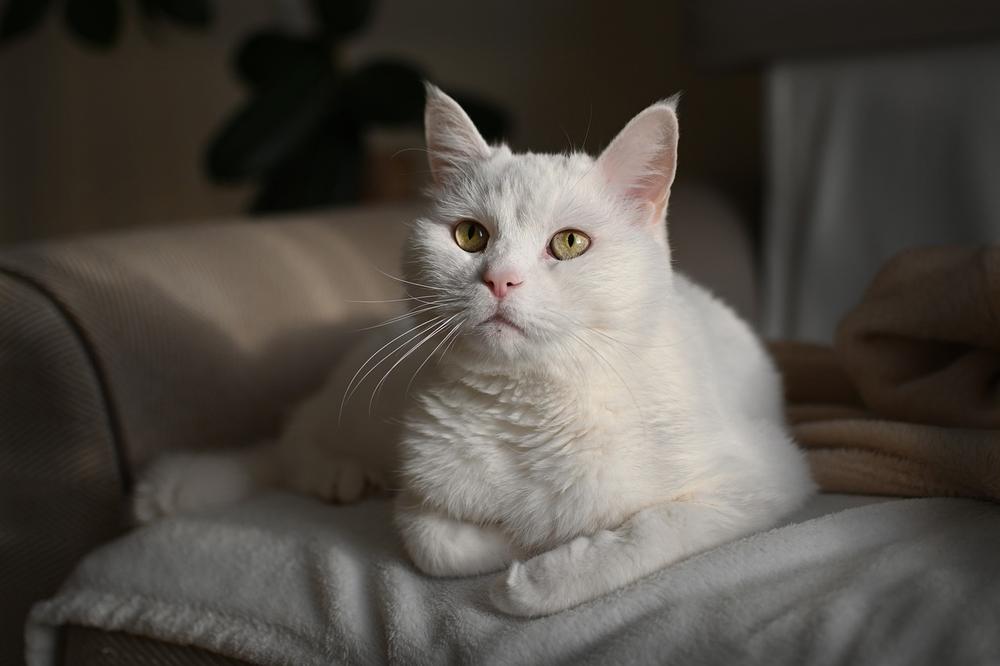
Let's take a closer look at this connection:
- Anxiety and fear disrupt the gut-brain axis, leading to changes in bowel movements.
- Increased frequency of bowel movements or loose stools can be observed in cats experiencing anxiety.
- The "fight or flight" response activates the release of hormones like adrenaline and cortisol, causing contractions in the digestive system.
- Cats may poop when scared as a part of their natural response to perceived threats.
- Loud noises, unfamiliar animals or people, sudden movements, changes in environment, or specific objects can trigger fear in cats.
- Recognizing why cats poop when scared can help you provide them with comfort in similar situations.
- Unusual stress-related behavior in cats may indicate underlying medical or behavioral conditions that require evaluation by a vet.
Understanding the link between anxiety and bowel movements in cats is essential for addressing fear-induced pooping and ensuring their overall well-being.
Remember, our feline friends rely on us to understand and support them during challenging times. 😺
And now let's explore practical strategies for helping fearful cats overcome their anxiety-induced pooping behaviors...
Helping Cats Overcome Fear-Induced Pooping with Behavior Modification Techniques
Helping cats overcome fear-induced pooping can be challenging, but you can make progress.
Here's what you can do:
- Use positive reinforcement techniques like treats, play, and praise to create good associations with scary situations or objects.
- Create a safe space where cats can adjust at their own pace, without being forced into uncomfortable situations.
- Provide interactive toys and outlets for them to release energy and redirect anxiety.
- Figure out what triggers their fear and address it, whether that means separating them from other animals or giving them a safe hiding spot.
- Stick to a consistent routine because cats thrive on predictability, which reduces anxiety.
- Try pheromone diffusers that release calming scents to help soothe fearful cats.
- Avoid punishment as it only makes their anxiety worse. Focus on positive reinforcement and rewards instead.
- Gradually expose them to triggers in a controlled and positive way, praising and rewarding them for being near their fears.
If aggression becomes a problem, isolate scared cats and get help from an animal behavior specialist.
Every cat is different, so adapt these strategies to fit your cat's needs.
And if you're like me, you might have noticed some peculiar behavior from your furry friend, such as dragging your shoes around.
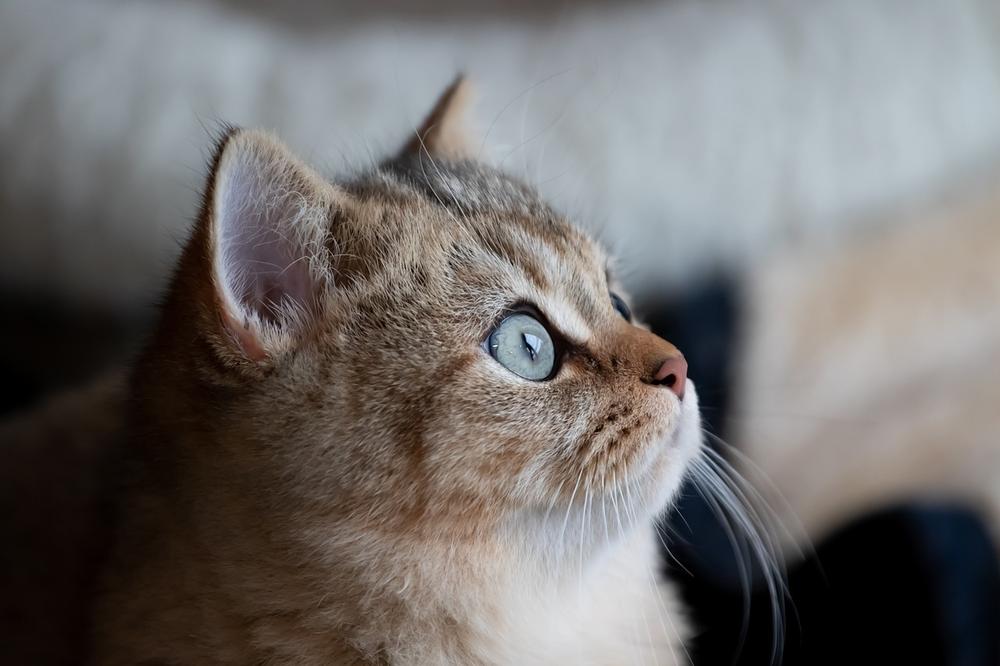
It's natural to be curious about why cats do this and what it means.
That's why I've written a blog post titled Why Does My Cat Drag My Shoes Around.
In this post, I thoroughly explore the possible explanations and provide helpful solutions.
Trust me, you won't want to miss it.
Recognizing Fear in Cats Through Their Poop
Here's how to recognize fear in cats by looking at their poop:
- Watch for changes in how they use the litter box.
- Notice if they go more or less frequently outside the box.
- If they poop when they're really stressed, it could be a response.
- Fear can mess with their digestion, making them not poop properly.
- Sometimes fear causes them to have accidents because of how their body reacts.
- They might lose control of their bladder or bowels as a defense mechanism against predators.
- Picking them up can make them poop because of anxiety, discomfort, pain, weak bladder, or feeling insecure.
- If there are recurring issues, you should get them checked by a vet.
- Cats also mark their territory and show warnings through poop and anal gland secretions.
- Keep an eye on behavior like pooping outside the box, hiding, running away, making more noise, hissing, growling, scratching, biting, flattening ears, tucking chin, lowering body, and curling into a ball. 😿
- Each cat reacts differently to fear, so know their unique responses.
- It's crucial to understand these signs so you can address your cat's fears effectively.
By observing your cat's stool and corresponding behaviors, you will acquire a deeper understanding of their emotions and be able to provide adequate care.
Managing and Minimizing Fear's Impact on Cats' Digestive System
To minimize the impact of fear on cats' digestive systems, follow these 11 steps:
- Create safe spaces with comfortable hiding spots.
- Provide familiar scents and calming elements.
- Use soft bedding or pheromone diffusers.
- Address any underlying medical issues like constipation.
- Look out for feline cognitive dysfunction or arthritis.
- Check for intestinal disease or food allergies.
- Keep litter boxes clean and accessible.
- Deter potential attackers with the scent of cat poop.
- Provide appropriate outlets for cats to mark territory.
- Monitor nutritional changes and stress levels.
- Seek veterinary advice if excessive pooping persists.
A cozy environment with secluded litter boxes helps cats avoid fear-induced pooping.
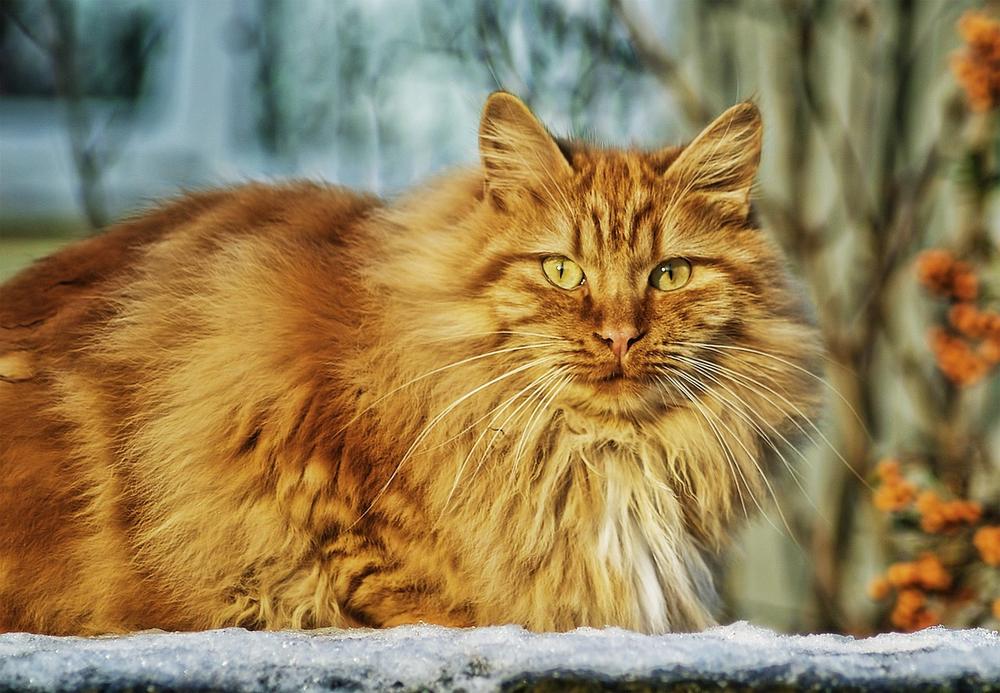
Donations also make a difference in caring for abandoned and injured animals. What's more, adrenaline can affect cats' digestive systems during stressful situations.
And that wraps up today's article.
If you wish to read more of my useful articles, I recommend you check out some of these: Cat Peeing in the Sink, Cat Humping While Kneading, Why Does My Cat Hate Other Cats, Why Wont My Cat Shut Up, and Is It Normal for Pet Cats to Chew Corners of Inedible Things
Talk soon,
-Sarah Davis